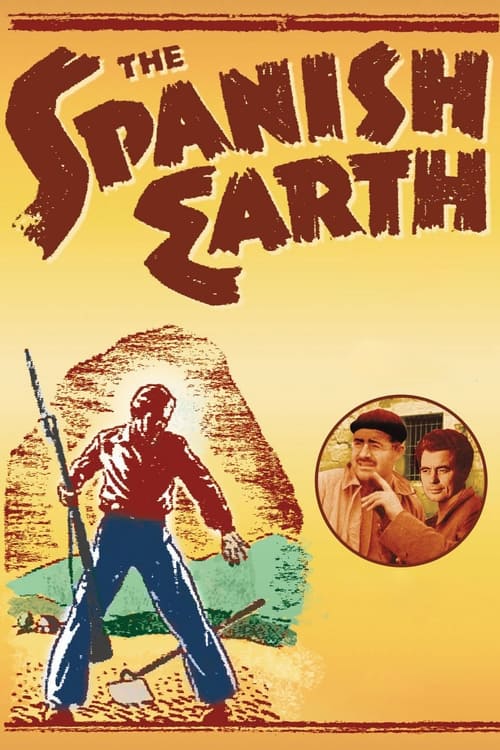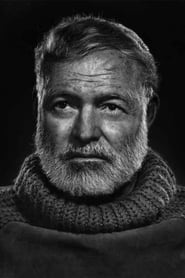

Joris Ivens’s advocacy documentary for the Republican cause intercuts a besieged Madrid with a nearby village digging an irrigation canal, linking the war to bread, land, and survival. Produced by the writers’ collective Contemporary Historians, edited by Helen van Dongen, scored by Marc Blitzstein, and narrated in its U.S. version by Ernest Hemingway (after an initial Orson Welles track), it blends frontline reportage with persuasion against Franco’s forces and their German–Italian backers.
No Trailers found.

Himself (President of Spain)

Himself (Parliamentarian)

Herself

Himself (Republican Army)

Himself (Republican Army)

Himself (German writer)

Narrator (voice)

Narrator (voice)

Narrator (voice)